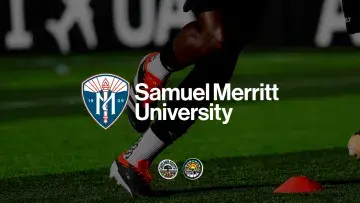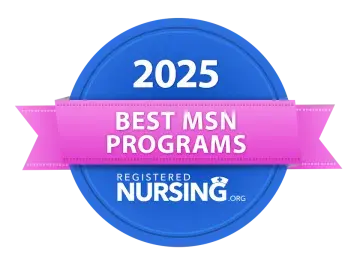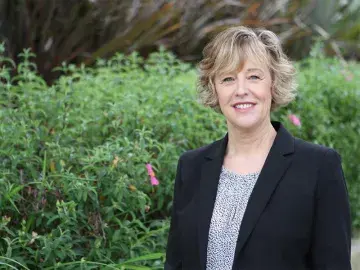Ethnic Health Institute Partners with SMU, Offers New Outreach Opportunity for Students
The news that the 20-year-old Ethnic Health Institute (EHI), an outreach group that offers free health services to the underserved in the Bay Area, would join Samuel Merritt University (SMU) in 2016 was in some ways a long-delayed homecoming. 
In 1996, SMU President Sharon Diaz was among a group of local healthcare professionals who wanted to address a critical problem: How to extend outreach services to the most ethnically diverse neighborhoods in the Bay Area where health disparities are the most severe.
Along with well-known African American physicians Drs. Michael Lenoir and Frank E. Staggers, Diaz and others helped form the vision for EHI, which aimed to provide healthcare, education, and free services where people were uninsured, and doctors were unavailable.
Initially, EHI found a home at the Alta Bates Summit Medical Center, where it flourished and built relationships with local ministries, community groups, and local healthcare organizations such as UCSF, Highland Hospital, and the Alameda Public Health Department.
Diaz served on EHI’s Advisory Board, as the outfit grew into a household name among those concerned with community health.
Now, two decades later, Diaz was happy to announce that EHI would move from Alta Bates to join SMU as the newly named Ethnic Health Institute at Samuel Merritt University.
“I’ve always wanted EHI to be part of us,” Diaz recalled during an April Town Hall meeting to announce the formal partnership. “We realized back then we could make our most vulnerable communities healthier and stronger if we could reach out to them. And now, working with our students and faculty, imagine the potential we have for outreach, community service, community health, and research.”
The EHI Program Director, Joyce J. Gray, said the two partners share a similar mission to transform the experience of healthcare in underserved communities.
“We’re here to do the human work we were put on this earth to do — and that’s take care of each other,” Gray said. “We’re not worried about a person’s status, background, or color of their skin. If they need care, we will provide it.”
Today, EHI is staffed by Gray and three outreach coordinators who work directly with the African American, Asian American, and Latino communities. EHI has established relationships with hundreds of organizations in the Bay Area, Gray said, and her team hosts weekly outreach events in diverse communities.
One example of how the new partnership will provide unique opportunities for SMU students took place in February, when EHI hosted its annual “Hypertension Sunday” event.
More than 50 SMU student volunteers, along with up to 300 healthcare providers, fanned out across the Bay Area to more than 40 churches, community centers, and recreations halls in underserved neighborhoods to provide free blood pressure screenings.
The small army of healthcare volunteers screened thousands of people, and educated countless families on how to recognize the signs of heart disease. EHI focuses its outreach work around the health issues that concern diverse communities most, such as hypertension, asthma, diabetes, and cancer.
Aside from gaining hands-on experience at community health events, students and faculty will now have new avenues for possible research projects to improve health outcomes. Gray said EHI has partnered with research facilities in the past, and is looking forward to having an “in-house” University to work with.
“If we do our work right,” Gray said, “and if we help build the capacity of the community, then these projects, services, and programs will be institutionalized and become long-lasting.
“It’s a real opportunity for growth for us, and for SMU students,” Gray said. “Can you imagine everything we can do for the community when we work together?”


